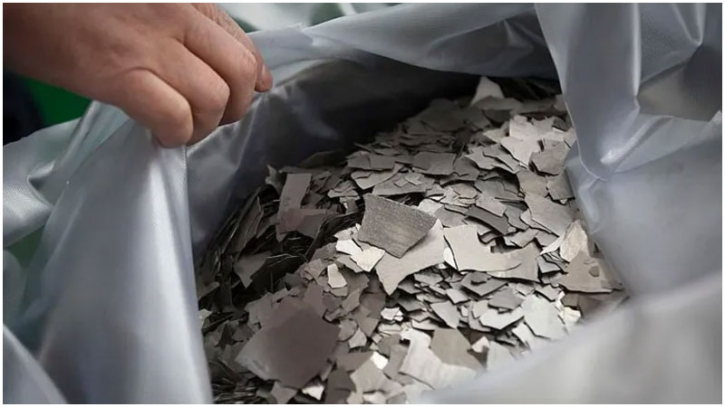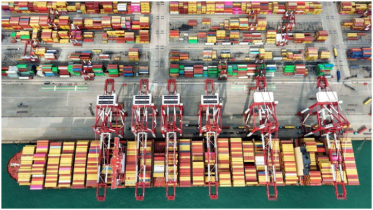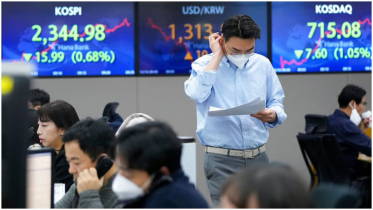China tightens export controls on rare earths amid rising US tensions

China has announced new, stricter regulations governing the export of rare earth elements, a move aimed at “safeguarding national security” and reinforcing government control over materials vital to global high-tech manufacturing.
The updated rules, unveiled by the Ministry of Commerce, formalize and expand existing restrictions on processing technologies and foreign cooperation in the rare earth industry. They are also expected to curb exports to foreign arms manufacturers and semiconductor firms, potentially escalating trade tensions with the United States.
Rare earths—17 chemically similar elements used in products ranging from electric vehicles and smartphones to military hardware—have become a central flashpoint in the ongoing trade and technology rivalry between Beijing and Washington. The announcement comes just weeks before a planned meeting between President Xi Jinping and US President Donald Trump, adding a geopolitical edge to the move.
According to the ministry, technologies related to rare earth mining, smelting, separation, magnet production, and recycling will now require government approval for export. The regulations also prohibit the export of production equipment and services—such as assembly, maintenance, and upgrading—without authorization.
Chinese companies are further barred from collaborating with foreign firms on rare earth projects unless explicitly approved by authorities.
The move follows China’s April decision to add several rare earth materials to its export control list, which triggered a temporary global shortage. The latest update signals that export licenses will be “unlikely” to be issued to certain Western defense and chip companies.
Analysts say the new measures are Beijing’s answer to US export bans on advanced chip-making tools for China, which Washington imposed to hinder Chinese progress in artificial intelligence (AI) and military-grade semiconductors.
Trade expert Alex Capri described the timing as “strategic,” noting that Beijing is targeting critical weak points in US electronics and defense supply chains. “This is China’s mirror response to America’s chip restrictions,” he said.
The United States, which has a growing rare earth mining sector but limited processing capacity, could face significant supply disruptions under the new regime.
The issue also touches broader geopolitical sensitivities: Western governments have accused China of exporting dual-use materials that could aid Russia’s war effort in Ukraine—a charge Beijing has consistently denied.
Rare earths: The hidden power behind modern technology
Despite the name, rare earths are not scarce in nature. However, they are difficult and hazardous to extract and refine, making their supply chain heavily dependent on a few producers.
Elements such as neodymium, yttrium, and europium are essential for high-performance magnets, electric motors, jet engines, and electronics.
China dominates the global market, accounting for about 61% of rare earth mining and a commanding 92% of processing, according to the International Energy Agency (IEA).
With the new export controls, Beijing has reinforced its grip over one of the world’s most critical industrial inputs—just as global powers race to secure their own supplies in an increasingly fractured trade environment.
.png)




